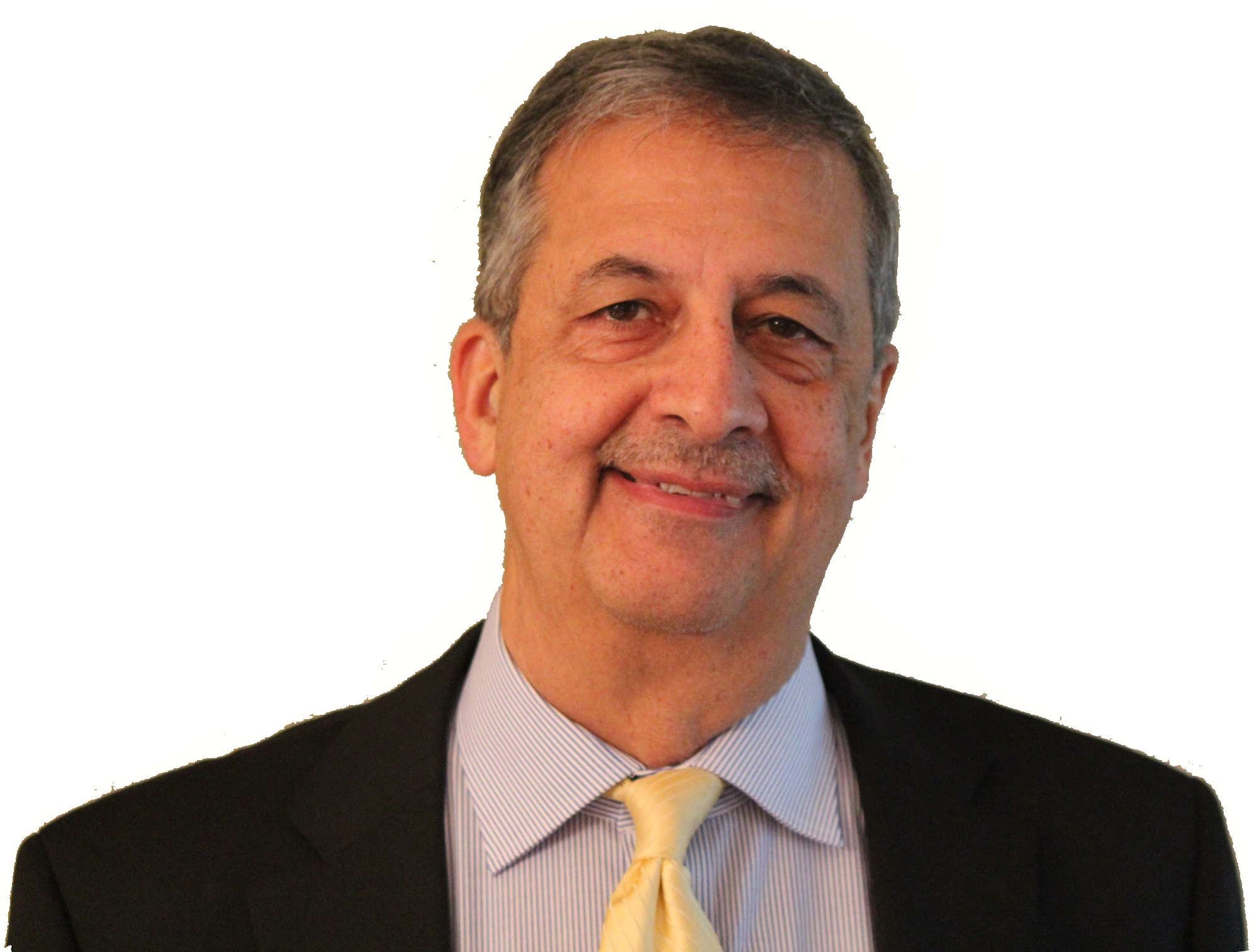Call me Arab, don’t call me MENA writer argues
Columnist Ray Hanania argues that the term MENA to describe Arab Americans only dilutes the ability for Arabs to defend themselves against racism and that the term Arab should be used not only with the U.S. Census but in seeking equality in government contract awards. MENA undermines the ability of Arabs to defend themselves, although the broader, more generic term covers a wider range of people. But as Hanania writes, no one ever called him a “dirty MENA” before. He urges support of legislation introduced by State Rep. Cyril Nichols
By Ray Hanania
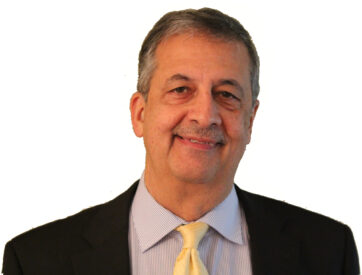
Ray Hanania
No ethnic group in America suffers more than Arabs, even more so that African Americans, Asian Americans Hispanic Americans and Native Americans.
Why do I say that? Because all of the groups I mentioned about, with the exception of Arab Americans, are protected by American laws against discrimination and included in the U.S. Census.
There is a small group of Arab Americans, working with Asian and other ethnic groups, who are pushing to replace “Arab” with “MENA,” people from the Middle East and North Africa.
MENA represents a discrimination that goes far beyond Arab. If MENA truly represented Arabs, why not just propose that the word Arab as the focus of efforts to right the wrongs in America?
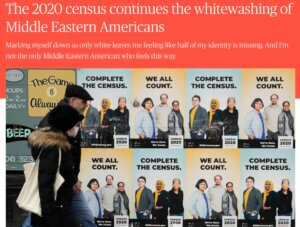
Americans don’t attack people because they are “MENA.” They attack them because they are Arab and Muslim.
“Muslims” are a broad identity in America. The majority of Muslims are African American, and African Americans have many legal protections from discrimination including an entire array of Civil Rights laws.
The smallest group of American Muslims are Arab, so it is wrong to assume that when legislation is adopted to confront Islamophobia, or when American officials denounces Islamophobia, they are addressing discrimination against Arabs.
The majority of Arabs in America are Christians, who are often marginalized by both the Arab World and non-Arab Christian World.
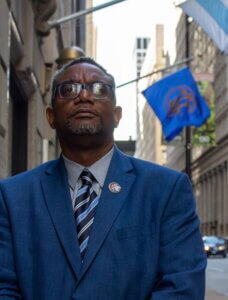
Confronting the discrimination of Arabs by mainstream America is necessary because racism in this country targets Arabs and Muslims, not “MENA.”
Creating a MENA category on its own only derails efforts to protect Arabs, because Arabs are not defined in the MENA category some activists are pushing to be added to the Census.
I understand why they are pushing for “MENA” over “Arab.” Mena is a broader category interpreted to include Africans, Asians and others who live in the broader Arab World.
I don’t recall seeing police racism reports during my 45 years of journalism targeting North African identities. All those people, whether they are Arab or not, are attacked and targeted because the majority of Americans see them as all being Arab.
Christian Arabs like myself are constantly criticized because critics perceive me as being Muslim. Personally, as a longtime activist for Arab civil rights, I always argue I am Christian by religion, but Muslim by culture, assuring Muslims I am not trying to separate Christians from Muslims.
Recently in Chicago, a small group of Arabs convinced newly elected State Rep. Abdelnasser Rashid to introduced a law that would direct the State of Illinois to conduct a study of discrimination faced by the “MENA” community. Once the study is done, legislation would be introduced to designate the MENA community as a Minority Business Enterprise (MBE) category. That means MENA individuals — whatever that term means — would qualify for a portion of the billions in contract set-asides for MBE categories that now currently include, Blacks, Hispanics, Asians, and Women.
But the move is more about politics than improving Arab rights. I think Rashid, who is a genuine good leader, is being duped by a small group of self-serving activists.
State Rep. Cyril Nichols already introduced legislation last year to designate Arabs as an MBE class. It has the support of the American Arab Chamber of Commerce, the Arab American Democratic Club, and the National Arab American Journalists Association.
Nichols has been a champion of fighting for the rights of Arab Americans, who are constituents in his 32nd Illinois House District. He has frequently arranged for Illinois House Speaker Chris Welch to meet the leaders of Mosques and Arab Churches to stress that the rights of “Arabs” — not MENA — are a priority for the new legislature under his leadership and under the leadership of Representative Nichols.
Nichols’ District runs from Chicago to Bridgeview and includes, Blacks, Whites, Hispanics and Arabs.
“I represent them all fairly, equally and without any hesitation,” Nichols told me.
Nichol’s legislation also has the support of African American legislators who set aside concerns that opening the door to “Arabs” as an MBE category would dilute funding African Americans would receive. In other words, some feel the “pie” of state contract set-asides is already divided among at least four groups. Now you want to divide it more?
Nichols convinced many that isn’t a real issue because the “pie” is so large “there is more than enough contract awards for everyone.”
Nichols was concerned when he observed the Arab community “divide itself” and choose politics over MBE equality.
The MENA activists are buoyed by support from Illinois Gov. J.B. Pritzker, who has a rocky relationship with many Arab American and Muslim groups. Pritzker has a history of anti-Muslim and anti-Arab campaign rhetoric that began when he denounced a prominent Illinois Muslim group as being “terrorists” when he ran and failed to win the congressional the 9th Congressional District election in 1998.
Pritzker refused to apologize to Arabs and Muslims publicly, but did apologize in a closed-door meeting with his few allies in the Arab and Muslim community when he first ran for governor in November 2018. Some argued what he said should be forgiven because those ugly comments were 20 years old. But does time erode anti-Arab and anti-Muslim sentiment?
I don’t think the African American, Hispanic or even Asian American communities would agree with that belief.
It’s all aggravated by the fact that in 1998 and after, anti-Arab comments by American politicians were not considered important news stories and were often not documented by media reporting, making it appear, when searching, like it is n exceptionn not a rule.
Anti-Arab discrimination and political rhetoric happens often, as has already been documented in several studies conducted in Illinois over the past years. Another study is not necessary. It’s a political ploy to divide the Arab community and separate them from the word “Arab” which is considered more offensive to Americans than the milder, innocuous word “MENA.”
No one ever attacked me and called me “a dirty MENA.” The FBI didn’t investigate me in the 1970s after I was honorably discharged for my Vietnam War service defending America because they saw me as MENA. They investigated me because I wrote a letter in Time magazine defending Arab rights. They saw me as “Arab.” The two-year long FBI probe was quietly closed with the conclusion I was merely trying to help Arabs be treated equally.
Ending anti-Arab racism won’t come from the word vague term MENA. It will come when Americans are forced to recognize and respect Arabs as Arabs. But Arabs won’t get that respect if we empower ourselves using the diluted term of MENA.
Nichols legislation should be the focus of Arab American efforts in the Southwest Suburbs, and they should turn away from the small handful of activists who always ask for money, but do nothing but empower themselves.
For more on the Nichols legislation, click this link for an interview with him, or use the widget below to view it.
SUBSCRIBE to Ray Hanania’s Arab American eNewsletter BELOW
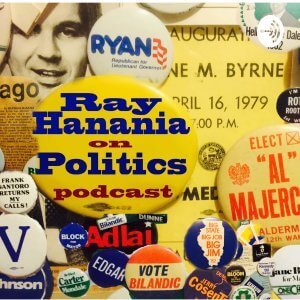
PS … Follow Ray Hanania on Twitter at Twitter.com/rayhanania. Fight back against #SocialMediaBigBrother
